1971 RESTORED ORIGINAL CALIFORNIA "BLUE PLATE" VW 411
- Price:
- Condition: Used
- Make: Volkswagen
- Model: 411
- SubModel: WAGON
- Type: Wagon
- Trim: DELUXE
- Year: 1971
- Mileage: 62,829
- VIN: 4612059671
- Color: Silver
- Engine size: PORSCHE STYLE PANCAKE
- Number of cylinders: 4
- Fuel: Gasoline
- Transmission: Automatic
- Drive type: RWD
- Interior color: Black
- Drive side: Left-hand drive
- Vehicle Title: Clear
- Location: Chula Vista, California, United States
Description
RESTORED ORIGINAL SOUTHERN CALIFORNIA "BLUE PLATE" 1971 VW 411 BEACH CRUISER, AUTOMATICRESTORED MOTOR WITH NEW CARBURATUR FUEL INTAKE SYSTEMSERVICED TRANSMISSIONCOMPLETE TUNEUPSERVICED CHARGING, ELECTRICAL SYSTEMSERVICED BRAKESRESTOREDRIMS, 5 NEW TIRES (WITH NEW SPARE)ORIGINAL DOOR PANELS AND HEADLINERNEW CARPETING AND UPHOLSTERYORIGINAL HUBCAPS AND BEAUTY RINGSNEW WINDSHIELD SEAL FROM EUROPE! EXPENSIVE!!
CLEAN, CERTIFIED CALIFORNIA TITLE AND REGISTRATION TILL 2018
STARTS AND DRIVES VERY NICE
Volkswagen Type 4From Wikipedia, the free encyclopedia
| Volkswagen AG |
| 1968-1972(411) 1972–July 1974(412) |
| Mid-size/Large family car(D) |
| 2-doorsaloon 4-doorsaloon 3-doorestate |
| RR layout |
| Volkswagen Type 3 |
| 1679ccFlat-4(411) 1795 ccFlat-4(412) |
| 4-speed manual 3-speed automatic optional |
| 2,500mm (98in)[1] |
| 4,553mm (179.3in)(411) 4,583mm (180.4in)[1](412) |
| 1,675mm (65.9in)[1] |
| 1,475mm (58.1in)[1] |
| 1,020kg (2,250lb) 2-door 411 1,120kg (2,470lb) Variant |
| Volkswagen Passat |
TheVolkswagen Type 4is a mid-sized car manufactured and marketed byVolkswagenof Germany from 1968 to 1974 in two-door and four-doorsedanas well as two-doorstation wagonbody styles. The Type 4 evolved through two generations, the411(1968–72) and412series (1972–74).
Designed under the direction ofHeinrich Nordhoffand introduced at theParis Motor Showin October 1968,[2]the 411 was Volkswagen's largest passenger vehicle with the company's largest engine – with styling credited toCarozzeria Pininfarina, who at the time had an advisory contract with Volkswagen.[3]The cars retained VW's trademarkair-cooled,rear placement, rear-wheel drive,boxer enginewith a front/rear weight distribution of 45/55%[3]and a forward cargo storage 400l (14.1cuft)[4]— while also introducing design and engineering departures for the company – including a completely flat passenger area floor and suspension using control arms andMacPherson struts. Volkswagen had prototyped anotchbacksedan version of the 411, without introducing it to production.
Over its six-year production run, Volkswagen manufactured 367,728 Type 4 models, compared with 210,082 of the subsequentVolkswagen K70with its four-year model life. In the United States, VW sold 117,110 Type 4s from 1971 to July 1974. As Volkswagen's lastair-cooledsedans and wagons, the Type 4 models were succeeded by the first generationPassat, marketed as theDasherin the USA.
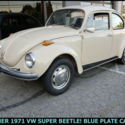 1971 VOLKSWAGEN BEETLE 4 SPEED! 1-OWNER ORIGINAL BLUE PLATE CALIFORNIA CLASSIC!
1971 VOLKSWAGEN BEETLE 4 SPEED! 1-OWNER ORIGINAL BLUE PLATE CALIFORNIA CLASSIC!
Mileage: 10373
 1971 VW Beetle, blue plate California car. Looks and drives great.
1971 VW Beetle, blue plate California car. Looks and drives great.
Mileage: 71,000
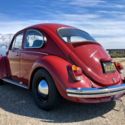 1968 VW beetle, restored, excellent condition, original CALIFORNIA black plate
1968 VW beetle, restored, excellent condition, original CALIFORNIA black plate
Mileage: 28300
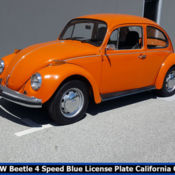 GROOVY 1974 VOLKSWAGEN VW BEETLE! BLUE LICENSE PLATE CALIFORNIA CLASSIC BUG!
GROOVY 1974 VOLKSWAGEN VW BEETLE! BLUE LICENSE PLATE CALIFORNIA CLASSIC BUG!
Mileage: 101,313
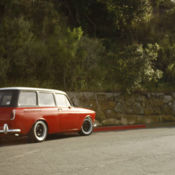 1967 Type III Original Black Plate California Car Vintage Cal Look 1 Prev Owner!
1967 Type III Original Black Plate California Car Vintage Cal Look 1 Prev Owner!
Mileage: 63,113
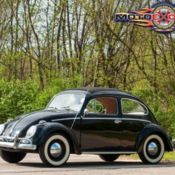 1958 Volkswagen Beetle California Top, Black Plate California
1958 Volkswagen Beetle California Top, Black Plate California
Mileage: 98,851
 California Original, 1973 VW 412 (Type 4) Runs Great! Restored, California Car!
California Original, 1973 VW 412 (Type 4) Runs Great! Restored, California Car!
Mileage: 47,902
 1967 VW Bug, RESTORED, Dove Blue, 1600cc, California Car!
1967 VW Bug, RESTORED, Dove Blue, 1600cc, California Car!
Mileage: 3126
 1971 RARE , RESTORED CALIFORNIA "FASTBACK" VW TYPE III
1971 RARE , RESTORED CALIFORNIA "FASTBACK" VW TYPE III
Mileage: 88,654

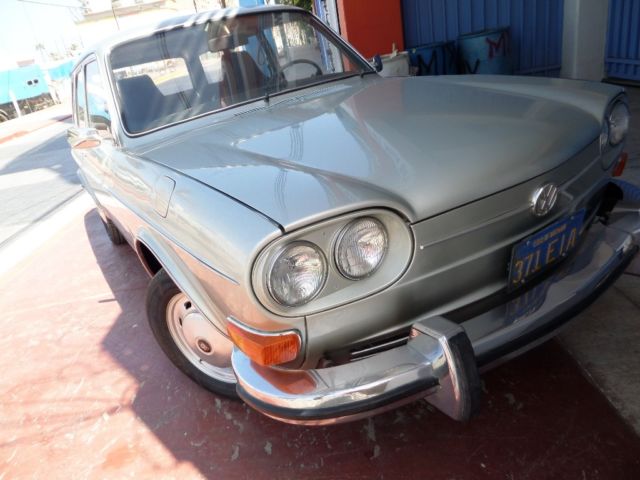





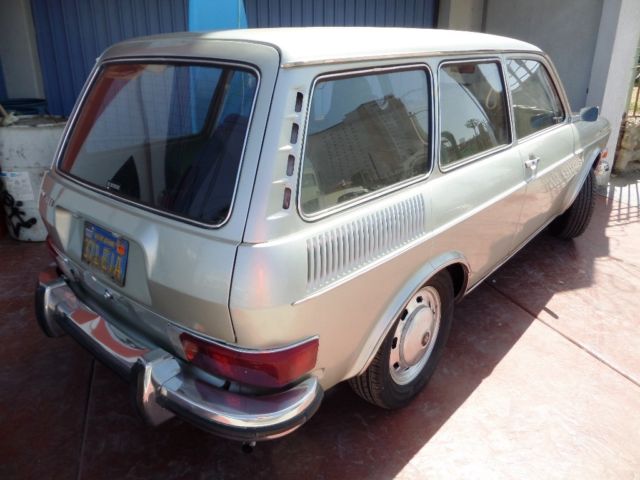





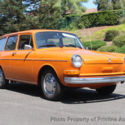 1973 VW Squareback,California blue plate, rust free, accident free, drives great
1973 VW Squareback,California blue plate, rust free, accident free, drives great